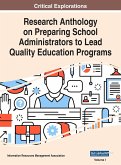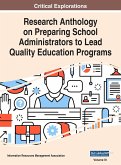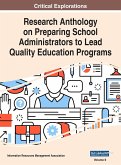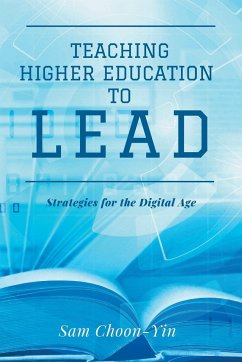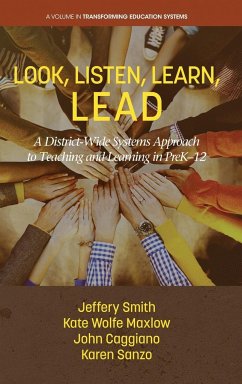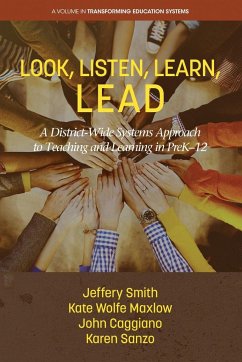Popular education press and scholarly conversations have focused on the impact of COVID-19 on various aspects of school leadership during the induction process and after. However, voices heard directly from the students are often left out or not heard from in a comprehensive oral historical account. We argue that while the attention is deservingly placed on principals and superintendents in schools leading through the pandemic crisis, there has been less dialogue about the impact of COVID-19 on aspiring leaders who will take the helm amid the lingering crisis. Focusing on this population is explicitly significant as COVID-19 has disrupted and traumatized aspiring leaders who will begin to leave the principalship or superintendency en masse. The novelty and longevity of COVID-19 have also upended schools across the country. Thus, we are left at the moment when although many students are preparing to be school leaders, those preparing them are not expected to stay. Preparing to Lead - Narratives of Aspiring School Leaders in a "Post"-COVID World focuses on how graduate students in educational leadership preparation programs are experiencing their simultaneous preparation for leadership roles in the K-12 setting while working in schools in several districts across the United States. We approach this book as a way to elevate the voices of aspiring leaders who will enter the field in the current crisis-laden context. Chapter authors discuss both the challenges and opportunities they have experienced due to being in the dual role of aspiring leaders and current educators. Chapter authors also provide poignant feedback on how leadership preparation programs can assist their development as leaders and infuse equity-oriented approaches that mirror their own identity and the educational landscape they will lead in.



